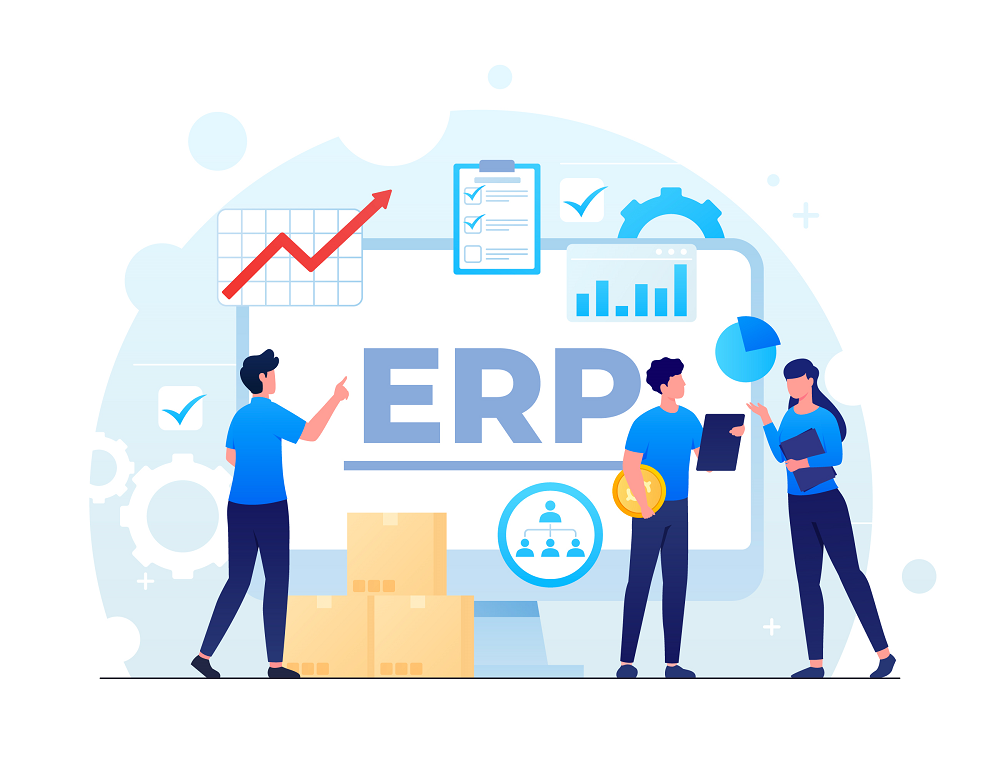In the fast-paced world of product-based businesses, efficient inventory control is not just a convenience—it is essential for survival and growth. Whether you are a wholesaler, retailer, manufacturer, or eCommerce brand, choosing the right Inventory Management System (IMS) or Enterprise Resource Planning (ERP) platform can transform the way your business operates.
But with so many platforms available—each with its strengths, features, and price points—how do you know which one is right for you? Here is a comprehensive guide to help UK-based businesses navigate the decision-making process with confidence.
Understanding the Difference: IMS vs ERP
Before choosing a system, it is important to distinguish between IMS and ERP solutions.
-
Inventory Management System (IMS):
Focuses specifically on stock levels, order fulfilment, warehousing, and product tracking.
-
Enterprise Resource Planning (ERP):
A broader system that integrates inventory with finance, HR, CRM, purchasing, and more—acting as the central nervous system of your business.
-
Tip:
If your primary concern is stock and order handling, an IMS may suffice. For more complex operations requiring cross-department integration, an ERP is often the better choice.
Key Factors to Consider When Choosing an IMS or ERP
Choosing an inventory management system or ERP depends on your specific business model, size, and goals. Here is what to assess:
-
Business Size and Scalability
- Small businesses may benefit from lightweight IMS platforms like Cin7 Core (DEAR) or unleashed.
- Medium to large businesses should explore scalable ERP solutions such as NetSuite, SAP Business One, or Odoo.
-
Industry Needs
Retail & eCommerce:
Look for multi-channel integrations (Shopify, Amazon, eBay), POS features, and real-time inventory tracking.
Manufacturing:
Prioritise systems with BOM (Bill of Materials), work order management, and production planning.
Wholesale & Distribution:
Focus on advanced warehouse management, multi-location stock control, and B2B portal features.
Must-Have Features to Look For
When evaluating IMS or ERP solutions, ensure the system offers:
- Real-time stock updates
- Order and shipping integration
- Multi-warehouse support
- Supplier and purchase order management
- Barcode scanning and product traceability
- Customisable reporting and dashboards
- Integration with accounting platforms (Xero, QuickBooks)
The Role of System Integration Partners
Selecting the software is only half the journey. Proper implementation is critical to ensure the system delivers value.
Why Work with Integration Experts:
- Tailored setup based on your operations
- Data migration with no loss or duplication
- Custom workflow automation and third-party integrations
- Staff training and post-launch support
An experienced integration partner can also help you choose between competing platforms, aligning their strengths with your business needs.
Common Pitfalls to Avoid
When choosing an IMS or ERP system, be aware of these common mistakes:
-
Overbuying:
Paying for complex ERP features you do not need.
-
Underestimating Setup Time:
Implementation often takes weeks to months depending on your setup.
-
Ignoring User Experience:
Complicated systems frustrate staff and lead to poor adoption.
-
Lack of Support:
Ensure your vendor or integration partner offers accessible, ongoing support.
Conclusion
Need help deciding? Work with experts who understand your industry and can tailor a solution that fits your operations today—and supports your ambitions tomorrow.

